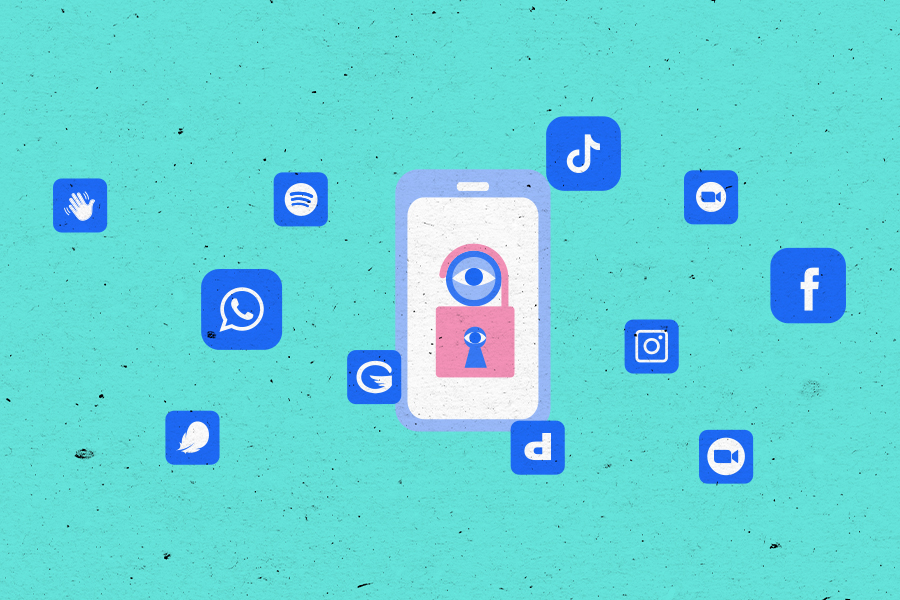Live Classes

The Government needs to upgrade its thinking on privacy before seeking to control digital apps.
The draft telecommunication Bill, put out last week for public comments, hints at a disturbing governmental pursuit, for more control over a range of digital applications and over-the-top streaming services that millions of Indians use daily. It seeks to do this by bringing them under the ambit of telecommunication services, the operation of which would require a licence — that is if the draft provisions do go through. This means the likes of WhatsApp, Zoom, and Netflix will be considered telecommunication services. And so would a whole range of digital services that are anyway regulated by the IT Act. This, the Government wants to do, by a wide expansion of the definition of what constitutes a telecom service. The new definition includes everything from broadcasting services to electronic mail, from voice mail to voice, video and data communication services, from Internet and broadband services to over-the-top communication services, including those that the Government may notify separately.
It is all well to state, as the Government has done, that the country requires a new legal framework, and not the existing one that is based on the Indian Telegraph Act, 1885, to deal with the realities of the 21st century. But, it is not just technology that has evolved in over a century but also a democratic society’s understanding and expectations of user rights, privacy and transparency. Not long ago, the highest court in the country acknowledged a citizen’s right to privacy as a fundamental right. This draft, however, disappoints on the above counts. According to it, for instance, the Government has the powers to prevent a message from being transmitted “on the occurrence of any public emergency or in the interest of the public safety”. Another clause in the draft Bill requires an entity that has been granted a licence to “unequivocally identify the person to whom it provides services”. A similar clause under the IT rules brought in last year — requiring messaging apps to “enable the identification of the first originator of the information on its computer resource” — has been challenged in the Court. There are enough valid reasons to doubt whether this is even technically possible without breaking encryption and making all communications vulnerable. While this is not to underplay the mounting challenges for ensuring security, the repeated attempts by the Government to be able to tap into all kinds of communication, without making sure the common man has a legal armour in the form of a data protection law, is extremely problematic. The Government needs to upgrade its thinking on users and privacy. This draft needs to go back to the drawing board.
Paper - 3 (Cyber Security)
Download pdf to Read More